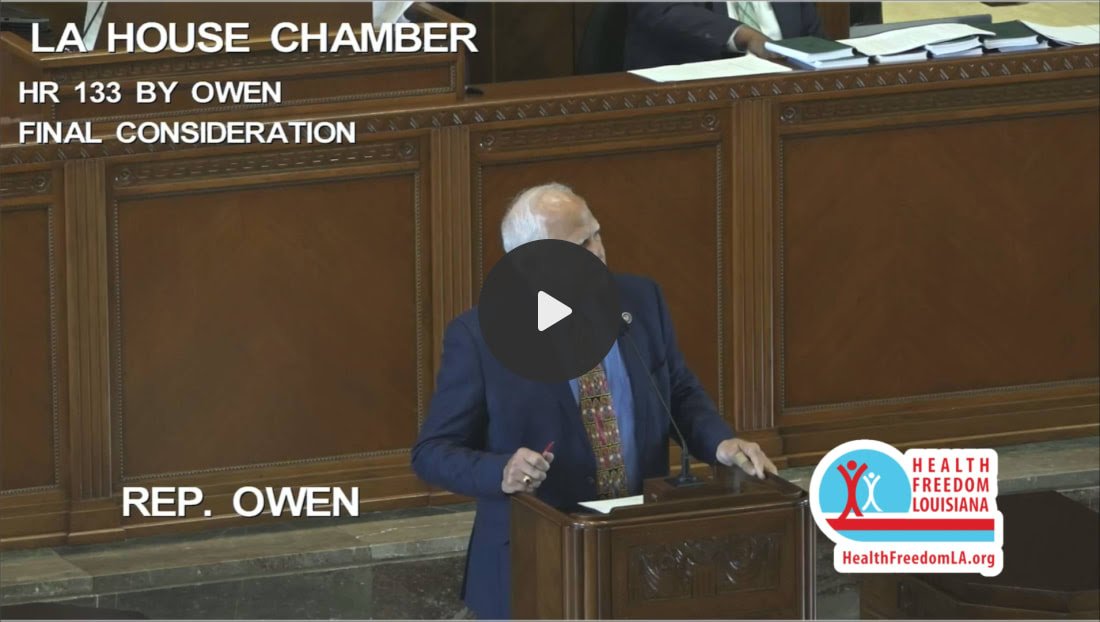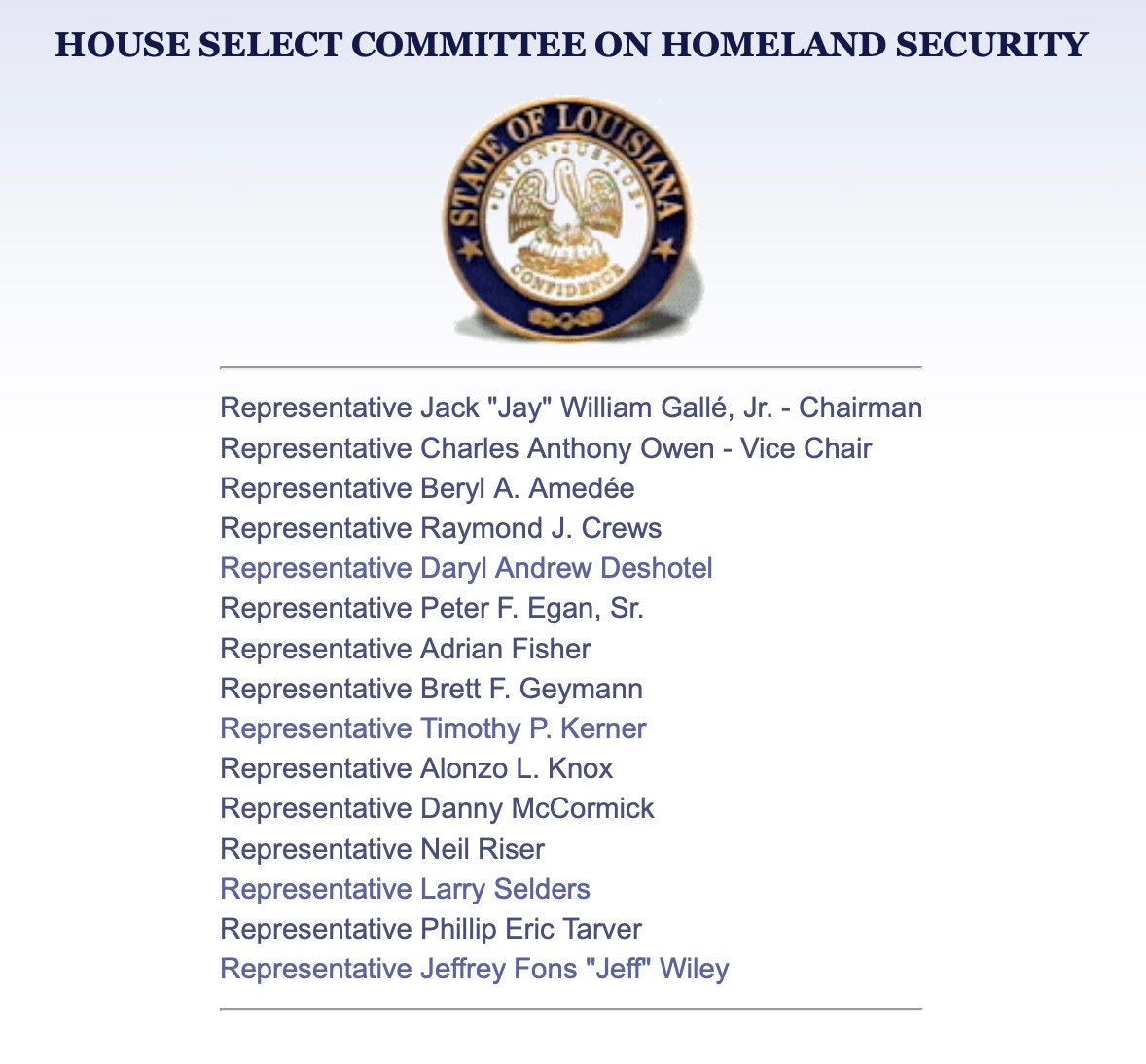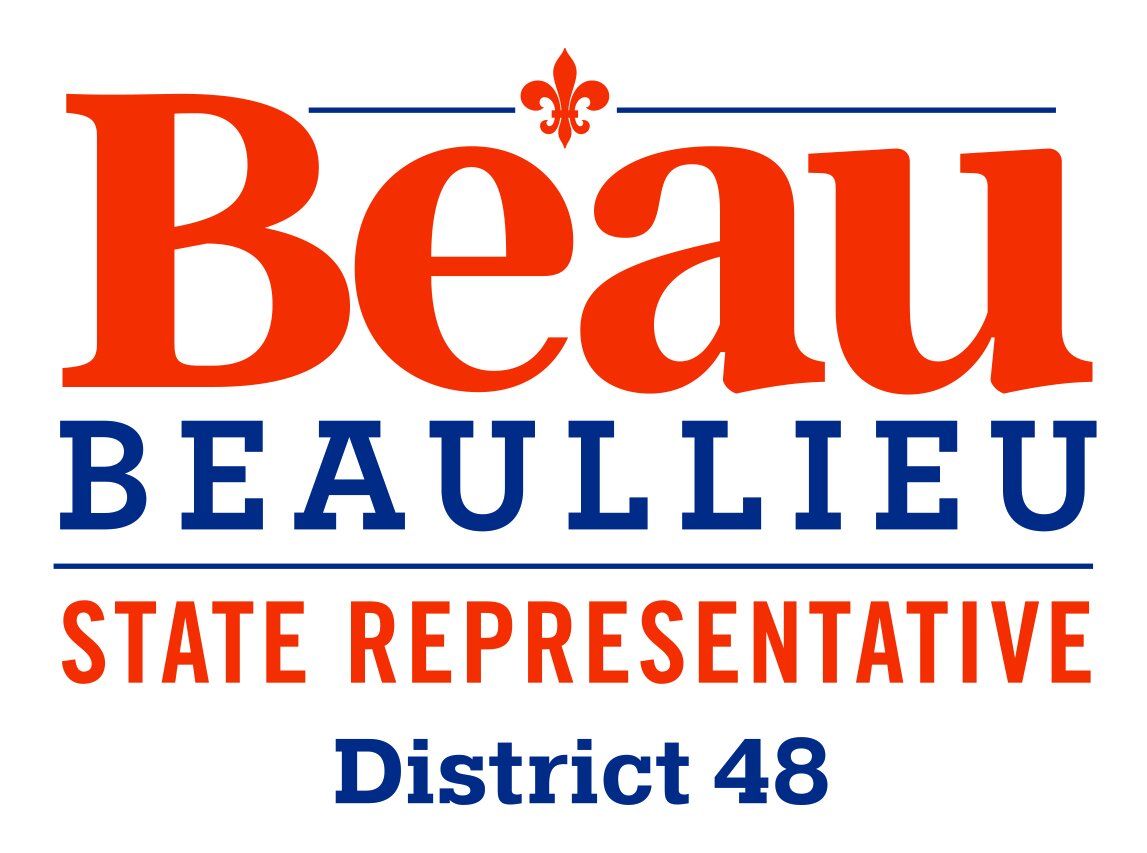“. . . taxpayers are being forced to take on the debt of nearly 28 million borrowers.”
WASHINGTON – Sen. John Kennedy (R-La.) joined Sen. Bill Cassidy (R-La.), Rep. Virginia Foxx (R-N.C.) and colleagues in urging the Biden administration’s Department of Education (DOE) to withdraw its proposed rule that would transfer an additional $147 billion in student loan debt to American taxpayers. If implemented, the rule would bring the total debt transferred to Americans to as much as $1 trillion.
In April, the DOE published its proposed rule, which would amend regulations in the Higher Education Act of 1965 to waive student loan debt for tens of millions of borrowers.
“The Biden administration describes this regulation as ‘targeted relief,’ yet the Department’s own estimates show the opposite. This is even broader than the Department’s first attempt: at an estimated price tag of $147 billion, taxpayers are being forced to take on the debt of nearly 28 million borrowers,” the lawmakers wrote.
“In addition to the fiscally irresponsible nature of this backdoor attempt to enact ‘free’ college, the administration continues to use borrowers as political pawns knowing full well these proposed actions are illegal. The Supreme Court [made] it abundantly clear that there is zero authority to write-off federal student loans en masse last June when the Department’s ‘Plan A’ was ruled unconstitutional,” they continued.
The lawmakers also raised concerns because the Biden administration dedicated resources to drafting a “Plan B” to cancel student loans for Americans who already attended college after “Plan A” failed in the Supreme Court, but it did not make the Free Application for Federal Student Aid (FAFSA) available to prospective college students.
“Failure to make the FAFSA available to these prospective students on time will have life-long consequences for many young Americans. We already know, as of March 29, FAFSA completion for seniors in high school is down by 40 percent. Those who do not file will likely not attend college next year and maybe never will,” they wrote.
The lawmakers concluded by urging the Biden administration to work with Congress to solve the higher education financing crisis.
Sens. John Barrasso (R-Wyo.), Marsha Blackburn (R-Tenn.), Katie Britt (R-Ala.), Mike Braun (R-Ind.), Ted Budd (R-N.C.), Shelley Moore Capito (R-W.Va.), John Cornyn (R-Texas), Tom Cotton (R-Ark.), Mike Crapo (R-Idaho), Kevin Cramer (R-N.D.), Ted Cruz (R-Texas), Steve Daines (R-Mont.), Joni Ernst (R-Iowa), Deb Fischer (R-Neb.), Lindsey Graham (R-S.C.), Chuck Grassley (R-Iowa), Josh Hawley (R-Mo.), John Hoeven (R-N.D.), Cindy Hyde-Smith (R-Miss.), Ron Johnson (R-Wis.), James Lankford (R-Okla.), Cynthia Lummis (R-Wyo.), Roger Marshall (R-Kan.), Mitch McConnell (R-Ky.), Jerry Moran (R-Kan.), Markwayne Mullin (R-Okla.), Pete Ricketts (R-Neb.), Jim Risch (R-Idaho), Mitt Romney (R-Utah), Mike Rounds (R-S.D.), Eric Schmitt (R-Mo.), Tim Scott (R-S.C.), Dan Sullivan (R-Alaska), John Thune (R-S.D.), Thom Tillis (R-N.C.), Tommy Tuberville (R-Ala.), Roger Wicker (R-Miss.) and Todd Young (R-Ind.) also signed the letter along with more than 90 members of the House of Representatives.
Full text of the letter is available here.
















